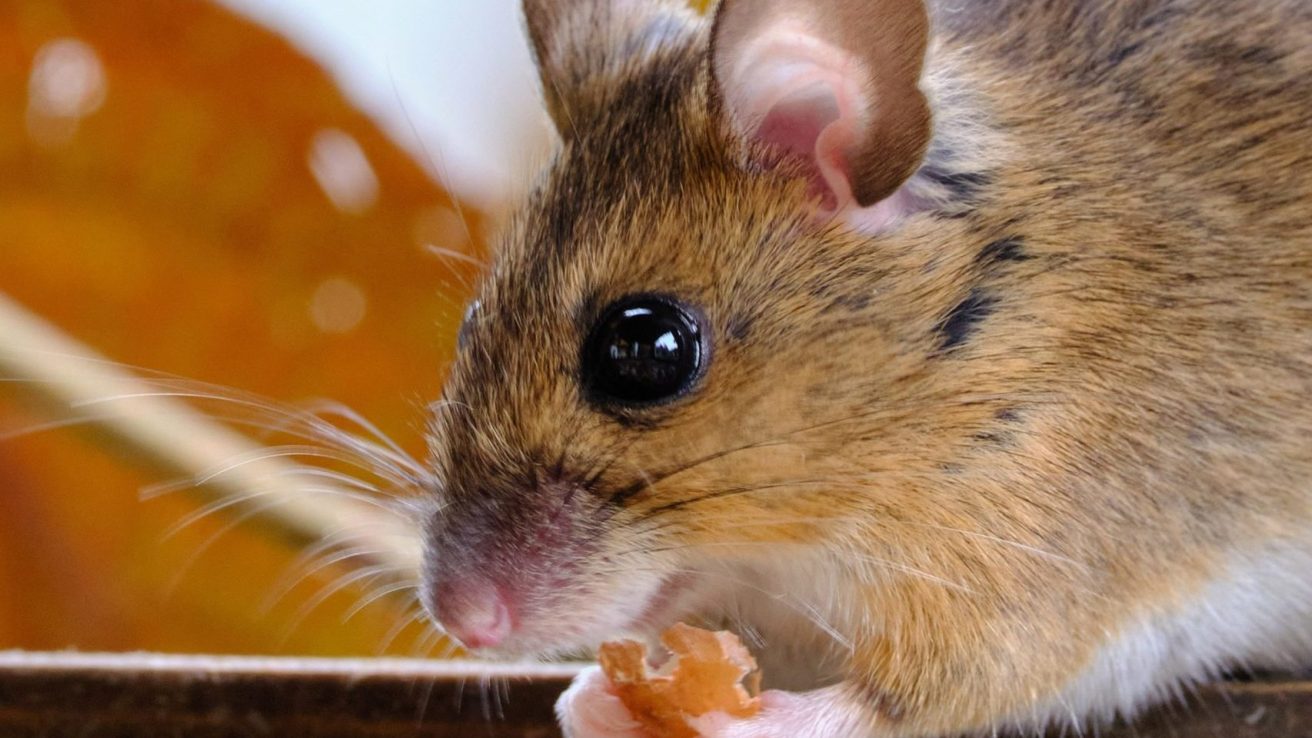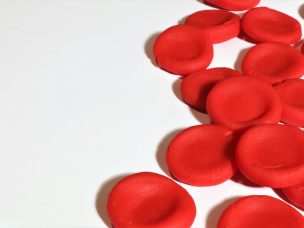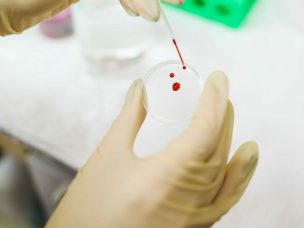Hematopoietic stem cell transplant (HSCT) remains the most effective way to cure sickle cell disease. However, its use is still limited by several challenges, including a lack of suitable donors, the risk of graft-versus-host disease, and therapy-related toxicity.
This study, published in Bone Marrow Transplantation, sought to determine the safety and efficacy of using donor-derived anti-3rd party central memory CD8-positive veto cells combined with short-term low-dose rapamycin to overcome HSCT graft rejection in mice with sickle cell disease.
The researchers studied this therapy in wild-type, fully mismatched recipient mice. Ultimately, they found that graft rejection of T cell-depleted non-myeloablative HSCT can be overcome safely and efficaciously using this technique. Moreover, durable donor-derived chimerism was achieved, resulting in complete conversion to normal donor-derived red cells and the correction of splenomegaly and reticulocyte, hematocrit, and hemoglobin levels.
In conclusion, the researchers’ technique safely and efficaciously overcame HSCT graft rejection in mice with sickle cell disease. However, successful translation of this research to benefit people with sickle cell disease remains to be seen [1].
Source:
[1] Singh, A. K., Schetzen, E., Yadav, S. K., Lustig, E. B., Liu, W. H., Yadav, R. K., Gale, R. P., McGinnis, K., & Reisner, Y. (2021). Correction of murine sickle cell disease by allogeneic haematopoietic cell transplantation with anti-3rd party veto cells. Bone Marrow Transplantation, 56(8), 1818–1827. https://doi.org/10.1038/s41409-021-01237-6










